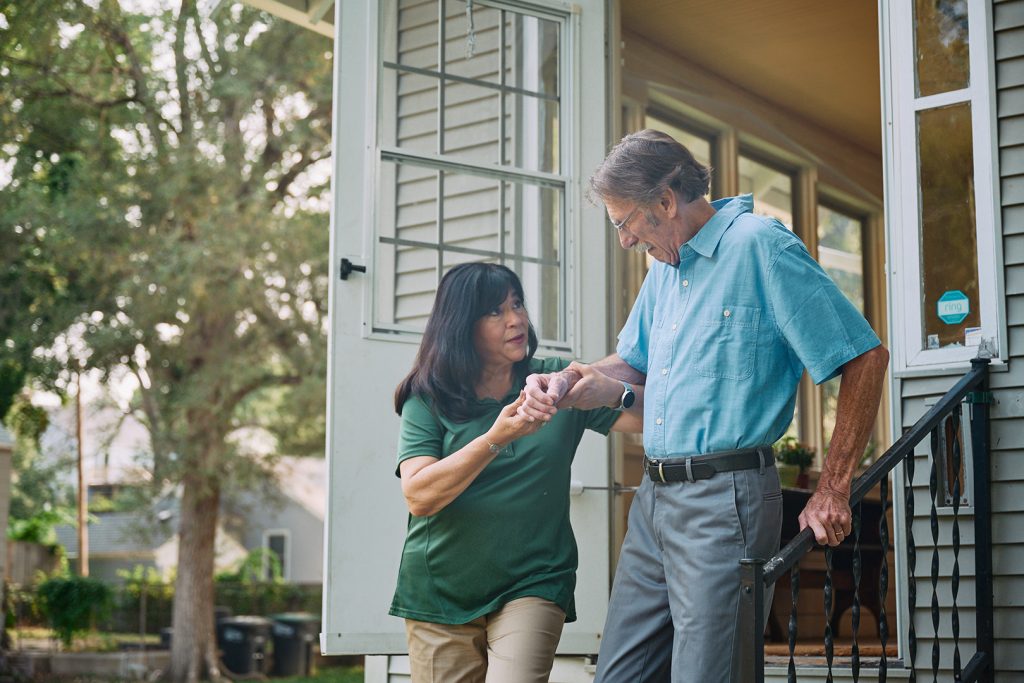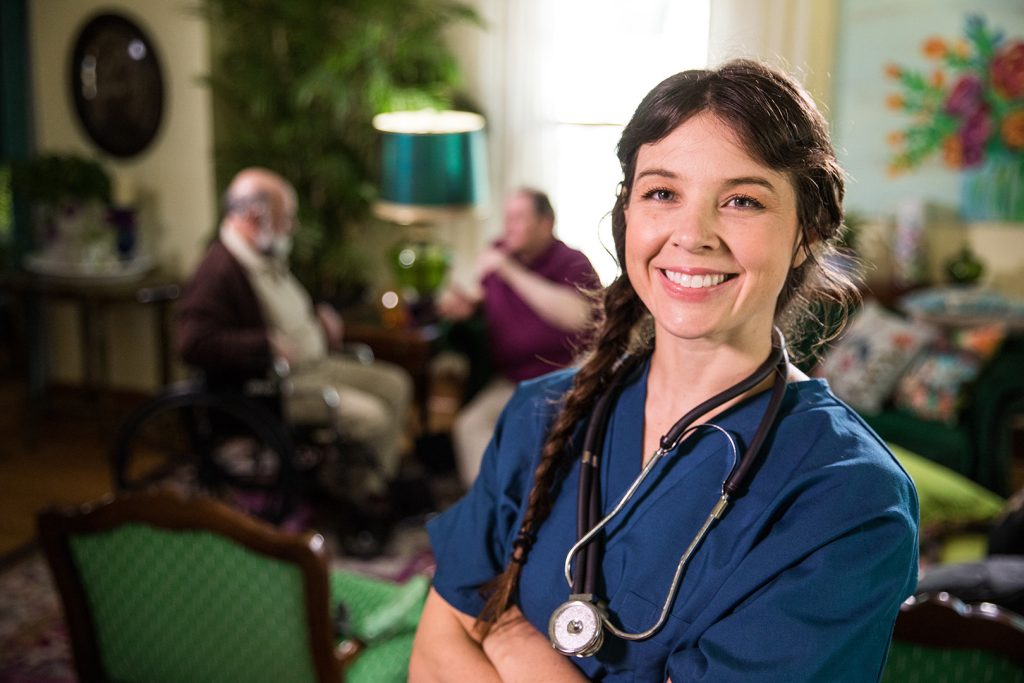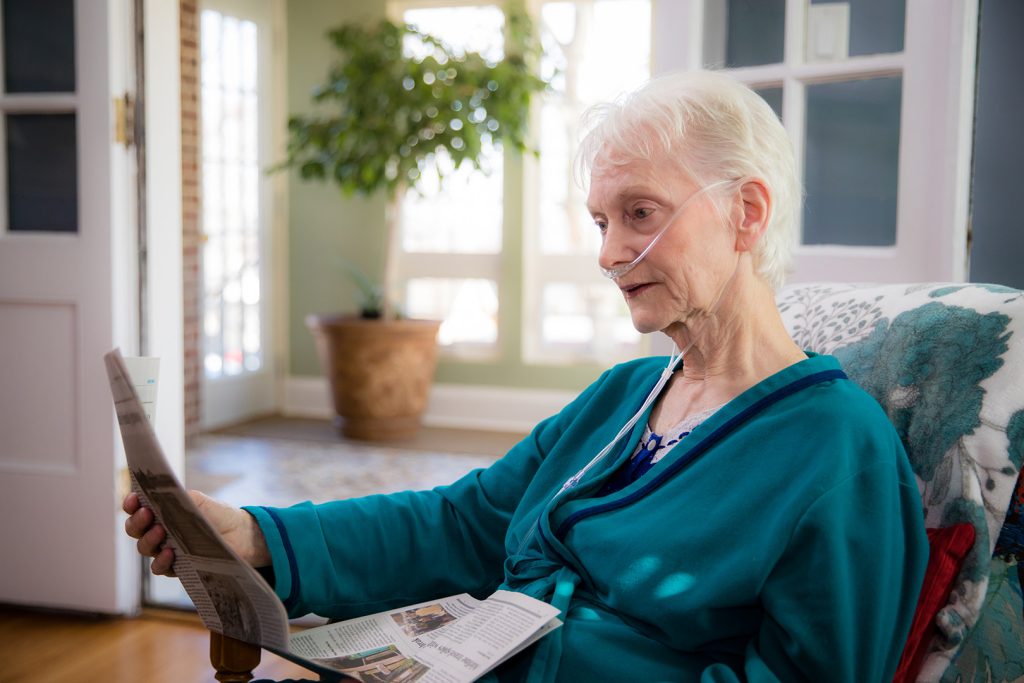Alzheimer’s Fact Sheet 2007
Who is Impacted by Alzheimer’s Disease?
- About 4.5 million Americans and an estimated 290,000 Canadians have Alzheimer’s disease.
- By age 85, the risk of developing Alzheimer’s disease reaches nearly 50%.
- The number of Americans with Alzheimer’s disease is expected to continue to grow. By 2050, the disease could affect from 11.3 to 16 million people
- The national direct and indirect annual costs of caring for individuals with Alzheimer’s disease are at least $100 billion.
- And of that figure, $24.6 billion covers Alzheimer’s health care and $36.5 billion covers costs related to caregivers of individuals with Alzheimer’s, including lost productivity, absenteeism and worker’s replacement.
- An estimated 24 million people in the world have dementia, a figure that is projected to rise to 81 million by 2040.
- Almost 25% of Canadians have someone with Alzheimer’s disease in their family. Source(s): 1-3. Alzheimer’s Association (2006).
1. Canadian statistics: Alzheimer Society of Canada (2006).
4. National Institutes of Health: 2001-2002 Alzheimer’s Disease Progress Report (2003).
5. Alzheimer’s Association: Alzheimer’s Disease: The Costs to U.S. Businesses in 2002 (2002).
6. Alzheimer’s Disease International Web Site: www.alzint.org (2006).
7. Public Opinion Strategies: The Aluminum Association Alzheimer’s Disease Survey (1997).
Who Provides Alzheimer’s Care?
- A typical Alzheimer’s family caregiver is a woman; 48 years old; married; employed, with at least some college education and no children in the home.
- Most Alzheimer’s caregivers (87%) are helping relatives. The most common caregiving relationship is between a parent and child, with 57% of caregivers helping their mothers.
- More than half of Alzheimer’s caregivers (53%) are primary caregivers, with 30% providing all of the unpaid care and 23% providing most of this care.
- Half of Alzheimer’s caregivers are working full time.??
Source(s): 1-4. Alzheimer’s Association and National Alliance for Caregiving: Families Care: Alzheimer’s Caregiving in the United States (2004).
Who Needs Help?
- One of five Alzheimer’s caregivers (20%) is in just fair or poor health, and 18% report that caregiving has made their health worse.
- An estimated 57% of caregivers work full or part time. Two-thirds of working caregivers (66%) have missed work because of caregiving responsibilities.
- Three-quarters (74%) of Alzheimer’s caregivers report unmet needs. Specifically they need more time for themselves (36%), help managing stress (34%), and information on managing challenging behaviors (31%).
- On a five-point scale where five is a great deal of emotional stress, 41% of Alzheimer’s caregivers rate their stress as a four or five, compared with 31% of all other caregivers.
Source(s): 1-4. Alzheimer’s Association and National Alliance for Caregiving: Families Care: Alzheimer’s Caregiving in the United States (2004).
Specialized Non-Medical Alzheimer’s Care
Home Instead Senior Care offers Care Pros a specialized training program designed to help them work with clients who have Alzheimer’s disease or related dementias. This program was created in 2001 in collaboration with The George G. Glenner Alzheimer’s Family Centers of San Diego, CA. In 2003, the American Society on Aging recognized Home Instead Senior Care for the development of this Alzheimer’s caregiver Training Program by honoring the company with the “Small Business of the Year Award.”
Who Can Help?
- As of mid-2007, the Home Instead Senior Care franchise network comprised more than 800 independently owned and operated franchises in the United States, Canada, Japan, Portugal, Australia, Ireland, New Zealand, the United Kingdom, Taiwan, Spain, Germany, Switzerland, South Korea, Finland and Austria.
- Home Instead Senior Care franchises provide seniors with non-medical, in-home services such as companionship, meal preparation, medication reminders, light housekeeping and escort for errands and shopping. Services are available at home or in care facilities for a few hours per week, or as many as 24 hours a day, seven days a week – including holidays.
- Home Instead Care Pros are screened, bonded and insured, and have successfully passed extensive criminal background checks.
- They also complete a multi-phased safety and caregiving education program. This curriculum features case studies, senior illnesses information, stimulating activities, nutritional recipes, and tips for coping with stress; all of which are followed by testing. In addition, Home Instead Senior Care offers interested Care Pros a specialized Alzheimer’s training program.
Services may vary by individual Home Instead Senior Care franchise office location.




